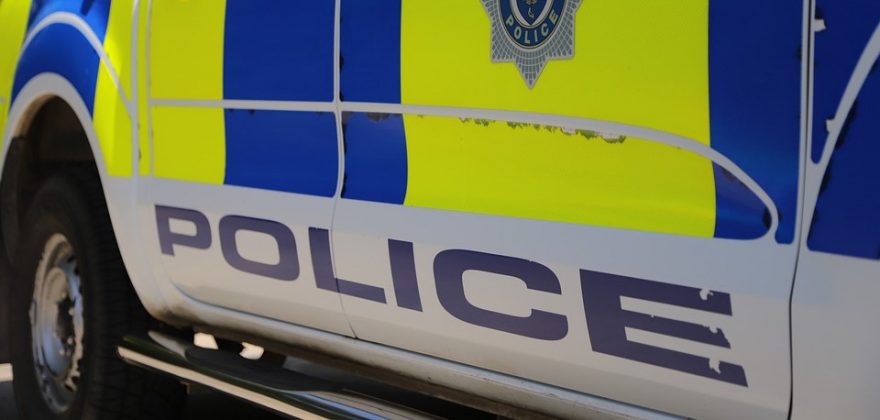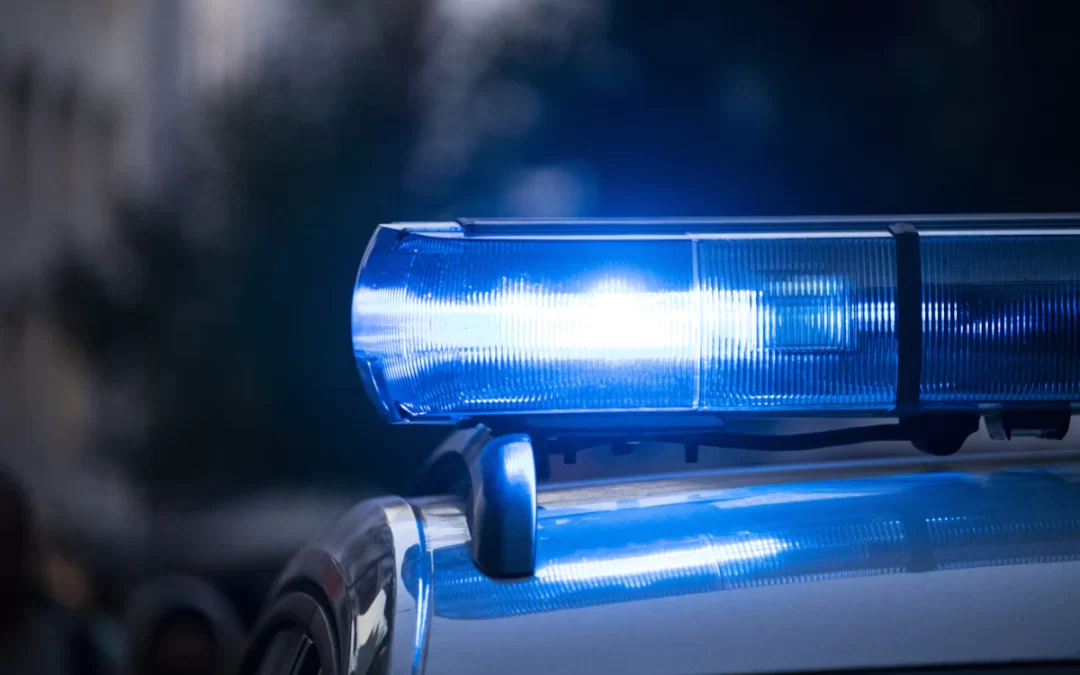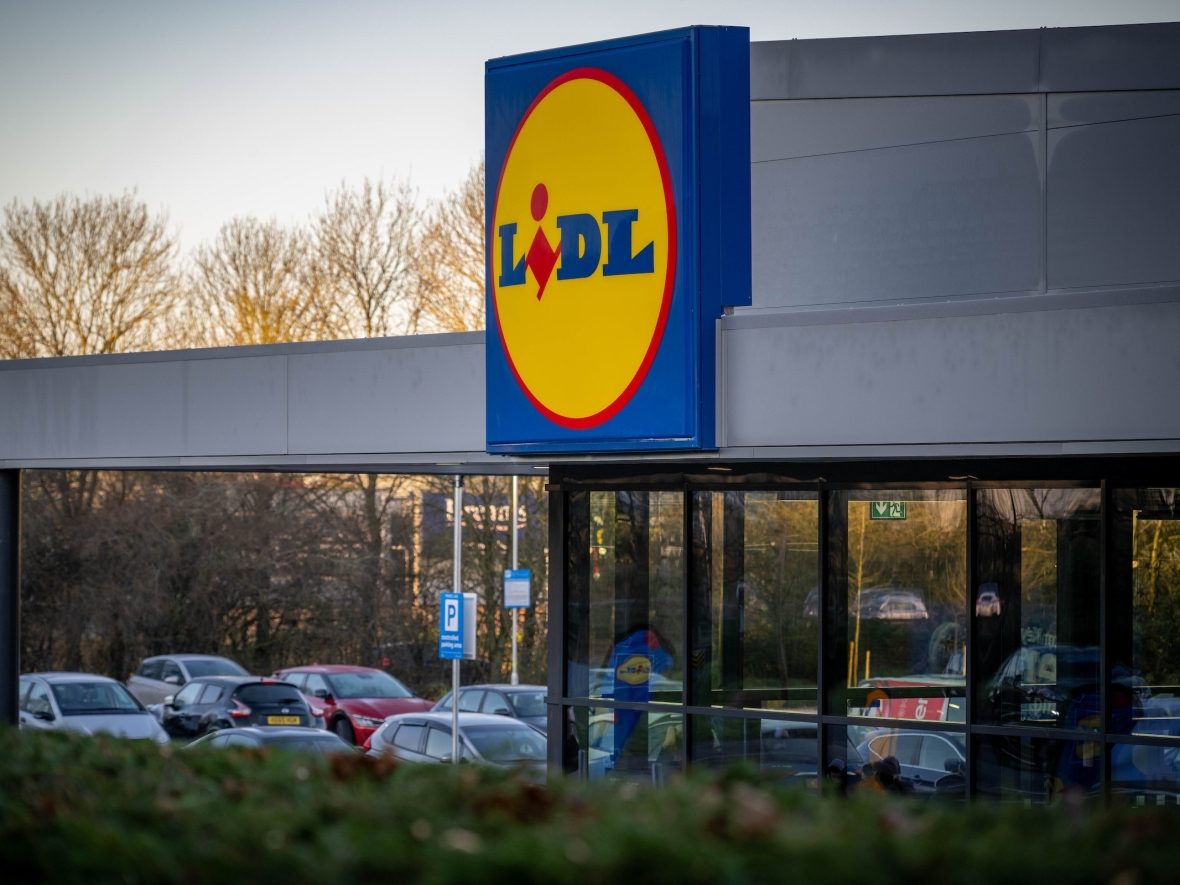Police forces have closed 172 county lines used by criminals to sell drugs across the country during a seven-day long intensification week, an increase of 65% from the previous intensification week when 104 lines were closed.
County Lines is the term used to describe drug dealing where mobile phones are used to supply drugs from large cities to towns and rural areas. County Lines are run by ‘Line Holders’ and the runners, often vulnerable people, deliver the drugs. The system of drug distribution leads to serious violence and exploitation.
Police forces across the country have taken part in the national county lines intensification week cracking down on drug traffickers.
National Police Chiefs’ Council lead for County Lines, Deputy Assistant Commissioner Graham McNulty, said:
“The latest intensification week has seen police forces from across the UK shut down more county lines used by criminals than ever before. Our message is clear to anyone running county lines across the country; we will be relentless in our pursuit of you, we will shut down your county lines, we will take drugs off our streets and we will rescue those who are being exploited by you.
“There is no place to hide for these violent county lines criminals and our latest intensification week figures show significant inroads policing has made into these criminal networks with 172 county lines closed during the week. Not only that, but we have continued to go after the line holders and arrested over 1300 criminals involved in county lines and taken extremely dangerous weapons, including 43 firearms off the street.”
The intensification week, which ran from Monday 3 October to Sunday 9 October, saw:
- 1360 people were arrested
- 321 weapons seized, including 43 firearms and 228 bladed weapons
- Over £2.7m worth of Class A & Class B drugs seized
- 9 kg of Crack Cocaine, 15.3 kg of Heroine, 48.1 kg of Cocaine and 69kg of Cannabis seized
- £987,562 in cash seized
DAC McNulty, continued: “Whilst shutting down active lines and catching the criminals behind the lines will continue to be a priority for policing, we are also continuing with our prevention and safeguarding elements, which are equally as important.
“We have seen that 1255 vulnerable adults and children have been safeguarded from these violent county lines criminals. They have been engaged with by police officers working closely with relevant services, agencies and charities, and referred to the most relevant partner agency for them so they can now look at a brighter future away from crime and violence.
“I welcome the £5 million investment to support victims of county lines exploitation over the next three years. This includes funding for not-for-profit Catch22, which will help to provide much needed specialist support to exploited young people and their families, to help them exit county lines their county lines involvement and deal with the trauma of their experiences.
“Charities, such as The Children’s Society, are a vital tool in the fight against county lines. Their #LookCloser campaign enables anyone to be able to spot the signs of when someone is being groomed by a gang into county lines.
“This past week officers up and down the county have been working with partners in the education sector to deliver talks to children and vulnerable adults as well as teachers and youth workers on what the potential signs they should being looking out for are. Policing spoke with over 36,500 people at various events and I would encourage anyone to come forward with any information if you are worried or suspect that a child or young person has become involved in county lines.”
Police forces across the UK are using the full force of the law, including increased use of modern slavery legislation to charge line holders, not only for drug supply but also human trafficking offences. This legislation, which can include preventative and restrictive measures, has helped ensure line holders are subject to Court Orders with strict conditions, often for many years after they leave custody.
Highlights
Across the week, officers up and down the country concentrated efforts to crack down on county lines.
- Cambridgeshire Constabulary, working with Metropolitan Police, Eastern Regional Specialist Operations Unit (ERSOU) and British Transport Police conducted 15 raids across Cambridgeshire and Peterborough, Bedfordshire and London, with more than £508,000 in drugs seized, more than £20,000 in cash plus assets including vehicles, jewellery and clothing, weapons including push daggers and knives seized.
- In the Middlesborough area , three people were arrested after a number of missing children were found in an address, the children have been safeguarded and the suspects have been charged with modern slavery offences and conspiracy to supply Class A drugs.
- During operations in Northumbria 40 arrests were made. Class A and Class B drugs valued around £47,000 were sized alongside 23,000 in cash.
- £120,000 worth of cannabis was seized from a cannabis factory, with 5kg of cannabis valued at £20,000 and £11,000 in cash also seized in Leeds.
- The West Midlands Task Force seized £21,000 worth of Spice, alongside £5,000 of Class A, £10,000 in cash and 12 weapons.
- The Met Police seized 7kg worth of Cocaine which was found inside DJ equipment.
County lines drug dealing is linked to the most serious violence, demonstrated through the weapons seized across the week, including knuckle dusters, machetes, and knives.
Safeguarding victims
Young children and vulnerable adults are often groomed to run drugs from one city to other parts of the country. Grooming is often followed by extreme violence and coercive behaviour.
Across the last week, 1255 were actively safeguarded, with police forces working with relevant services and charities to help safeguard children and vulnerable adults, using a variety of options available to them, including specialist support referrals, strategy meetings, safety plans created and Modern Slavery Crime reports.
Police can also bring victimless prosecutions for modern slavery offences, just one of the many ways officers are protecting young people. Victimless prosecutions ensure children and vulnerable adults are spared the ordeal of having to go through the court process to give evidence and face the violent and abusive individual responsible for their suffering.
Specialist support funding
In September 2022, the Home Office announced allocation of up to £5 million to better support young people and their families for the next three years, and help free them from the grasp of vicious County Lines gangs.
Hundreds of victims of County Lines exploitation will be helped to escape drug gangs following the expansion of support services in four priority locations – London, West Midlands, Merseyside and Greater Manchester, where young people are often targeted.
A one-to-one specialist support service for young people under 25, delivered by not-for-profit organisation Catch22, will safely make contact with young people who have been referred by safeguarding partners, such as the police and children’s services, and work with them to exit their involvement in County Lines activity.
This investment also funds Missing People’s SafeCall service, a national, confidential helpline for young people, families and carers who are concerned about county lines exploitation.
This funding forms part of the County Lines Programme, where up to £145 million is being invested by the Government over 3 years to tackle the most violent and exploitive distribution model yet seen and:
- expanding the National County Lines Co-ordination Centre (NCLCC)
- increased disruption on the rail networks by the British Transport Police’s County Lines Taskforce
- targeted operational activity against lines, including 4 major exporting force areas:
- Greater Manchester Police
- Metropolitan Police Service
- Merseyside Police
- West Midlands Police
- dedicated surge funding for local police forces to tackle county lines
- investment in new technology including Automatic Number Plate Recognition
- increased support for victims
Home Secretary Suella Braverman said:
“County Lines bring violence and misery to communities across the country, and it is vital we stamp them out.
“I welcome these recent operational successes, and we are continuing to support these impressive operations by providing up to £145m over the next three years through our County Lines programme.
“I also want victims of exploitation to know there is a way out and a brighter future available, which is why we are investing up to £5m to support young people and their families caught up in these damaging rackets.”
This county lines intensification week was once again run in partnership with The Children’s Society and their #LookCloser campaign to spot the signs of exploitation in children and young people. Police forces engaged with 36,528 people in various safeguarding events alongside schools, colleges and universities.
James Simmonds-Read, National Manager of The Children’s Society’s Prevention programme, which worked with forces as part of its Look Closer Awareness Week, said:
“Too often young people groomed and exploited to move drugs in county lines operations do not get help they need, but our #LookCloser campaign works closely with police and other professionals to help change that.
“It’s heartening to hear of children being offered the support they desperately need during this week, alongside arrests of the criminals cynically exploiting them.
“Look Closer also highlights how the public can help police and other professionals by looking out for signs of children being groomed and exploited and reporting any concerns.”
People should report any concerns to the police on 101. If on a train text British Transport Police on 61016. Dial 999 if there is an immediate risk to a child. Alternatively contact Crimestoppers anonymously online or call their helpline on 0800 555111. If concerns arise online people should also contact the relevant digital platform.




